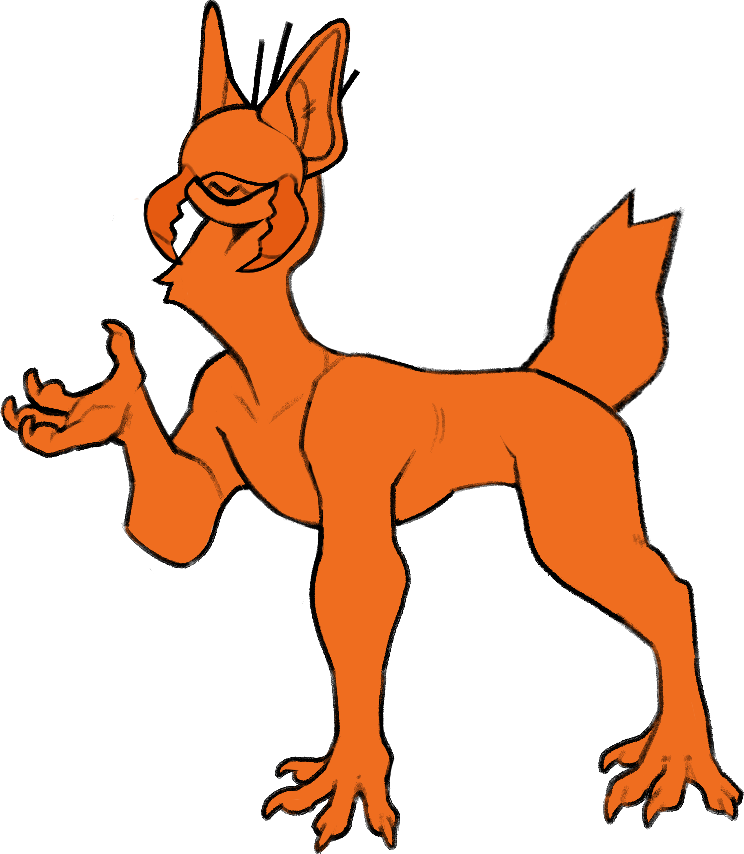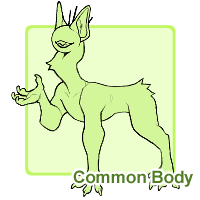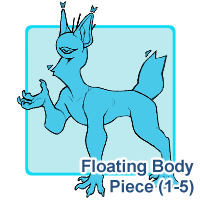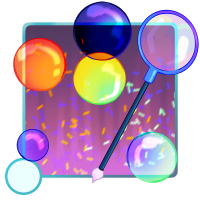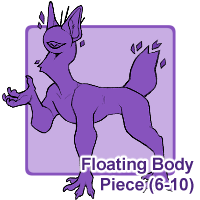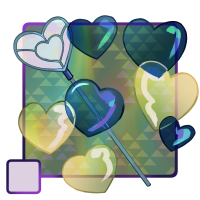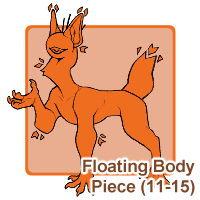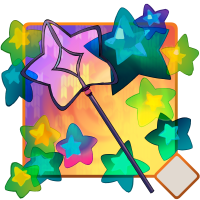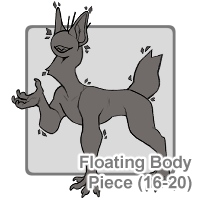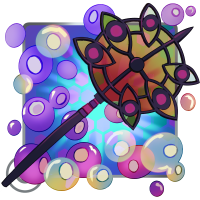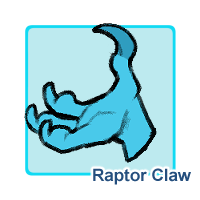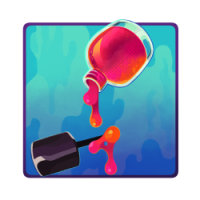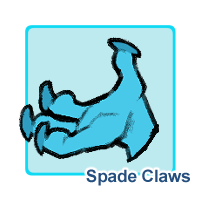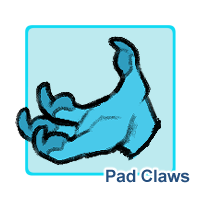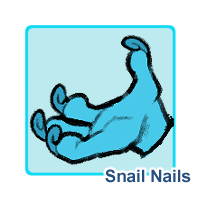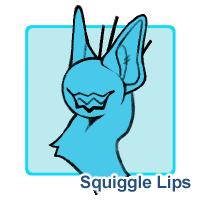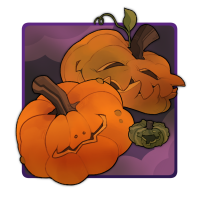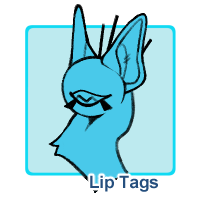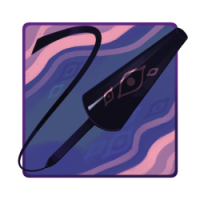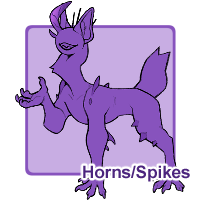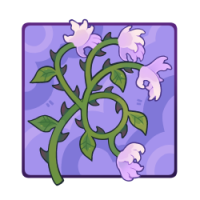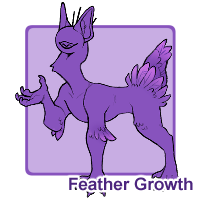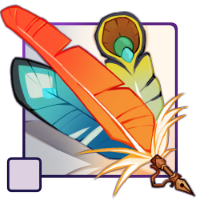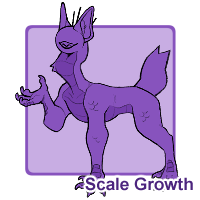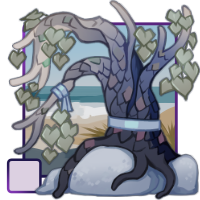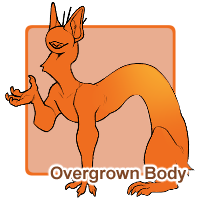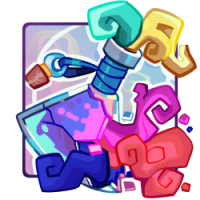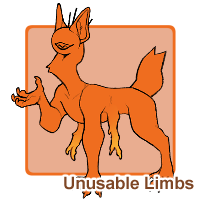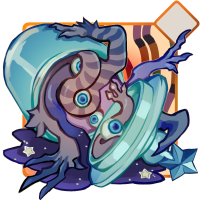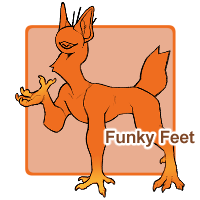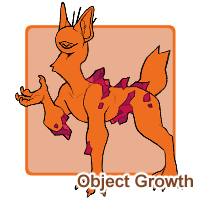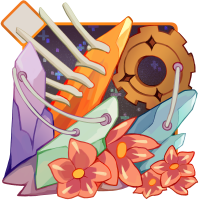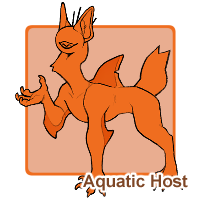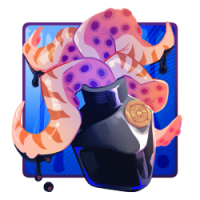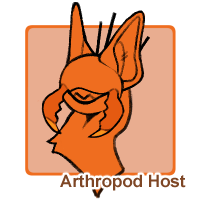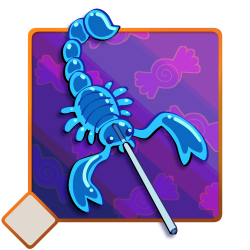Traits
[ Click here for Visual Sorter! ]
Common Body (CCCats) (Common)
[This includes all Common Traits for CCCat Bodies. They do NOT need to be listed at all when uploading a design, and are strictly informational. You may use as many as you’d like while designing a MYO]
- Body Type - [Bony, Thin, Athletic, Chubby, Fat, etc are all possible]
- Alternate Forms - [CCCats can canonically shift between a humanoid form, anthro form, sphinx form, centaur form, faun form, etc. These must resemble the official base form of the design, and should not have trait or design changes. CCCats must be depicted in an anthro or quad form for the masterlist]
- Human Form - [CCCats can shift into a near-human form. The form has only one eye and it is also removable from the cranium via mouth. Please refer to the CCCats Lore Page for alternate form requirements]
Floating Body Piece (1-5) (CCCats) (Uncommon)
[Small, shaped object floating separately from the body]
- Must be an extension from an existing part, such as an ear, horn, tail tip, fur, etc.
- Must match a color that appears on the body, but may have patterning and be affected by marking traits
- May be shaped as long as they appear to be a continuation of a body part
- May be symmetrical or asymmetrical
- Cannot resemble objects
- Cannot be shapes that float around the body purely independantly
Can be applied by:
Floating Body Piece (6-10) (CCCats) (Rare)
[Small, shaped object floating separately from the body]
- Must be an extension from an existing part, such as an ear, horn, tail tip, fur, etc.
- Must match a color that appears on the body, but may have patterning and be affected by marking traits
- May be shaped as long as they appear to be a continuation of a body part
- May be symmetrical or asymmetrical
- Cannot resemble objects
- Cannot be shapes that float around the body purely independantly
Can be applied by:
Floating Body Piece (11-15) (CCCats) (Myth)
[Small, shaped object floating separately from the body]
- Must be an extension from an existing part, such as an ear, horn, tail tip, fur, etc.
- Must match a color that appears on the body, but may have patterning and be affected by marking traits
- May be shaped as long as they appear to be a continuation of a body part
- May be symmetrical or asymmetrical
- Cannot resemble objects
- Cannot be shapes that float around the body purely independantly
Can be applied by:
Floating Body Piece (16-20) (CCCats) (Touched)
[Small, shaped object floating separately from the body]
- Must be an extension from an existing part, such as an ear, horn, tail tip, fur, etc.
- Must match a color that appears on the body, but may have patterning and be affected by marking traits
- May be shaped as long as they appear to be a continuation of a body part
- May be symmetrical or asymmetrical
- Cannot resemble objects
- Cannot be shapes that float around the body purely independantly
Can be applied by:
Raptor Claw (CCCats) (Uncommon)
[One extra large or abnormally long curved claw present on a hand or foot]
- Affects one claw per limb. Can affect one, multiple, or all limbs. Can affect a digit of your choice
- Can affect hand tails
- Can be long, thick, and curled
- May be symmetrical or asymmetrical in limb placement, and does not have to be the same finger per limb.
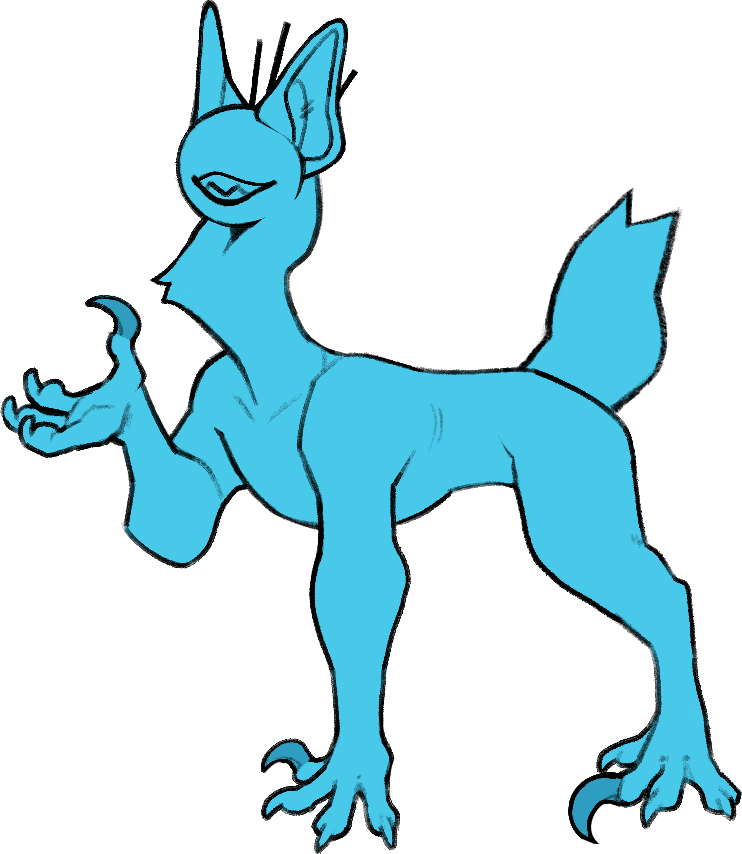
Can be applied by:
Spade Claws (CCCats) (Uncommon)
[Claws have an extra spike facing backwards, appearing double ended]
- Can apply to all claws or just specific claws
- Cannot appear as "armor-like" coverings on the claw

Can be applied by:
Pad Claws (CCCats) (Uncommon)
[Claws extend further down to create hard finger pads]
- Can apply to all claws or just specific claws
- Cannot affect the top of the digit
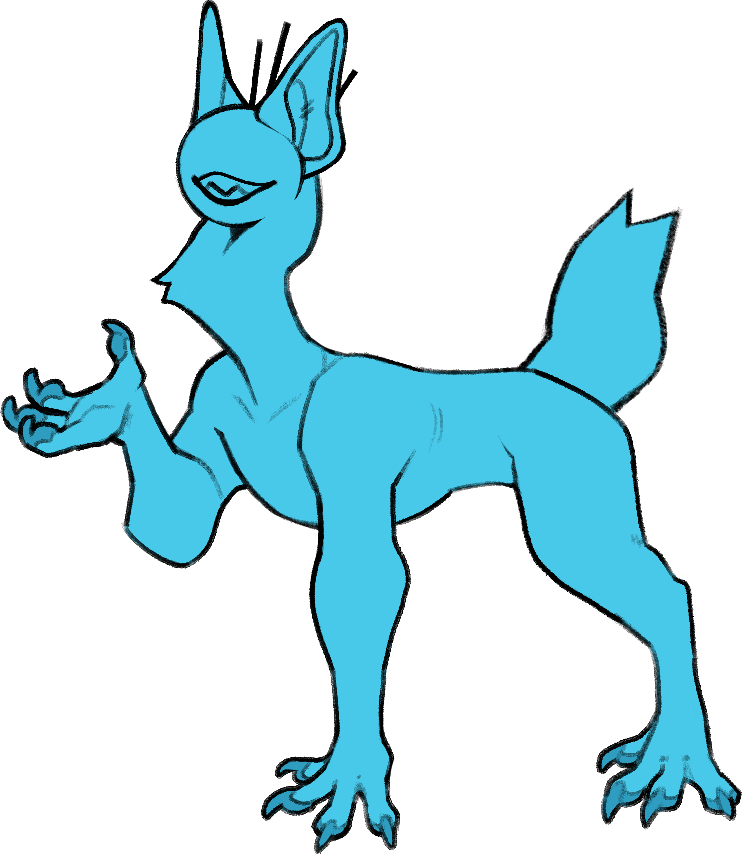
Can be applied by:
Snail Nails (CCCats) (Uncommon)
[Claws have an internal curl present]
- Can apply to all claws or just specific claws
- Claws must still be sharp and long to some degree
- Internal swirl may show as the claw curling in on itsef somehow
- Cannot appear flat or like fingernails
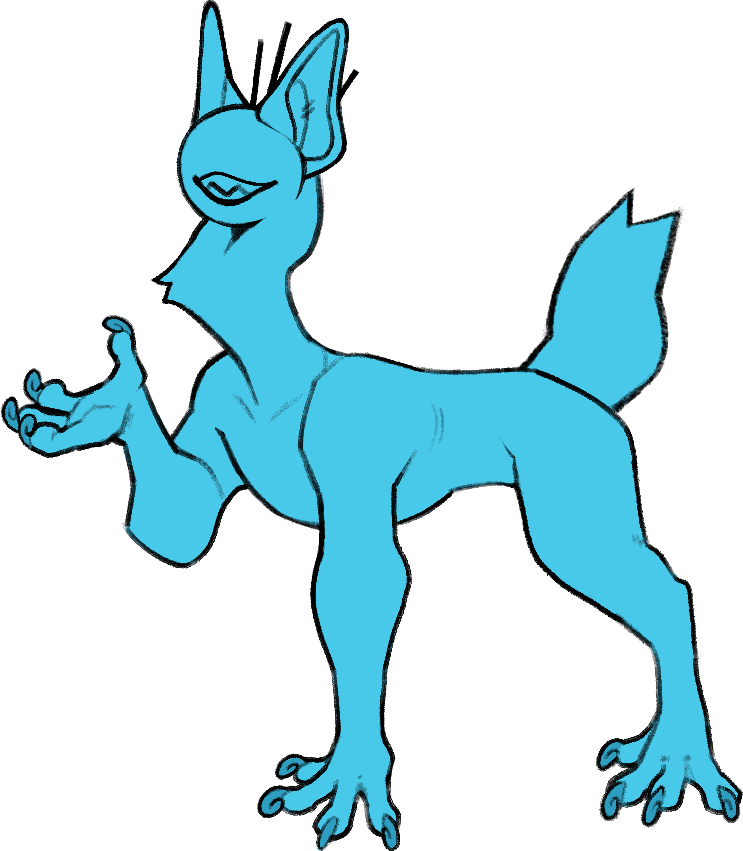
Can be applied by:
Squiggle Lips (Uncommon)
[Lips are permanently set in a zigzag/squiggle-like pattern]
- Pattern can be jagged, zipper-like asymmetrical, wiggly, and form shapes like faux fangs. Also includes natural knicks in the lips that expose the teeth
- Teeth must still be present beneath the lips
- Cannot be hard or replace teeth

Can be applied by:
Lip Tags (CCCats) (Uncommon)
[The lip has protruding shapes or tags]
- Lips have protruding shapes that can be pointed, blunt, drippy, zipper-like, or akin to eyelashes
- Can be droopy or more rigid
- Can be any color
- Can be linked or have holes
- Cannot appear to come from inside the mouth
- Cannot extend the entire lip
- Cannot resemble Crowns
Can be applied by:
Horns/Spikes (CCCats) (Rare)
[Horns or spikes located anywhere on the body]
- Can be pointed, antlers, be branched, spiked, blunt, square, or rounded and cylindrical. Can also be textured with swirls, overlapping scale-like effects, and carvings.
- Can be broken, notched, or cut
- Can be placed anywhere on the body
- Counts for all horns and spikes on the body. Can have multiple types at once
- Can be engraved and affected by marking traits
- Horns should not resemble objects
- Cannot obscure the body or replace a body part
- Crowns should not resemble horns
Can be applied by:
Feather Growth (CCCats) (Rare)
[Feathers growing anywhere on the body]
- Feathers can cover the entire body and replace the fur entirely
- Feathers can affect the crowns to make them resemble feathers in detail. Simple feather shapes would not require this trait
- Can be used to create a bird-like tail. Short tail is still required for the length of the tail itself, not the length of the feathers
- Feathers can be long without needing Royal Fur
- Feathers may not resemble wyvern-like wings
Can be applied by:
Scale Growth (CCCats) (Rare)
[Scales growing anywhere on the body]
- Scales can cover the entire body and replace the fur entirely. Sphinx Fur and Frankenstein Fur are not required for scales to fully replace the fur
- Can be simple plating, fish or reptile-like scales, and overlapping ridged scales
- May not create large, chitinous plates
- If applied to a design via the Scaled Branch item, this trait cannot be swapped to any other trait.
Can be applied by:
Overgrown (CCCats) (Myth)
[Body parts that are very clearly larger than are proportional to the character. Specific aspects will be listed in the trait's notes on each individual design]
- Can affect both arms [includes forearms and hands], both legs, torso, neck, or more specific traits such as Horns/Spikes
- Affects length or overall size
- Cannot Affect multiple large parts of the body
Can be applied by:
Unusable Limbs (CCCats) (Myth)
[Small additional limbs that have digits/joints that are unable to grab or grip objects]
- Limbs are smaller than standard sizing
- Limbs may be missing fingers, have digits varying in length, and have warped joint lengths
- Limbs must have claws unless using arthropod host
- Limbs can be anywhere on the body, and be placed asymmetrically
- Limbs may appear as small bug legs if using arthropod host
- Each instance of the traits adds 2 pairs of unusable limbs (four total limbs)
- Cannot resemble standard CCCat limb anatomy in shape or size
- Limbs cannot hold or grip objects, and are largely vestigial
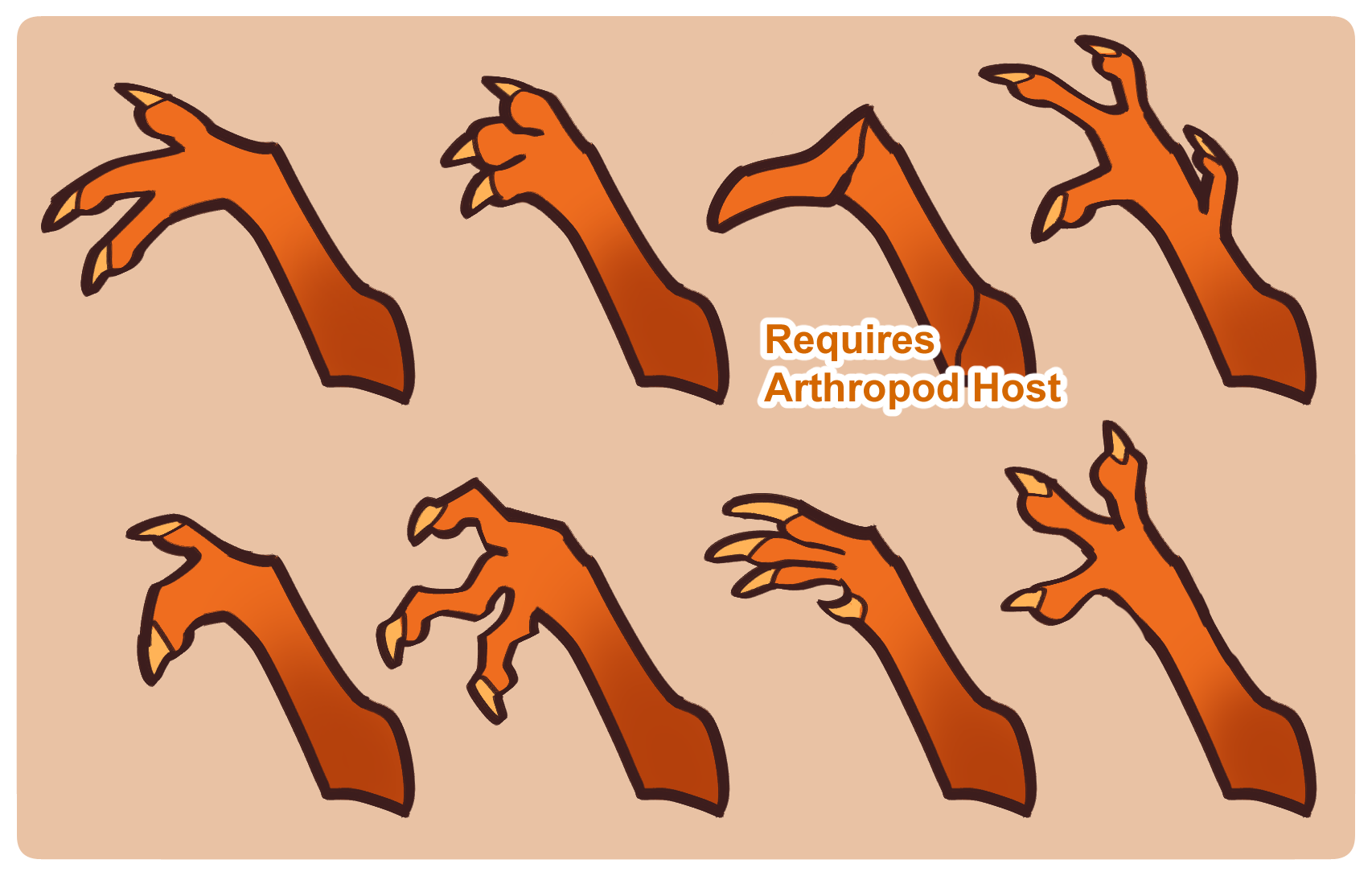
Can be applied by:
Funky Feet (CCCats) (Myth)
[Any natural difference in hand or feet shape]
- Feet can be naturally missing digits, extra digits, a dew claw, merged digits, split digits, differing digit placement [similar to bird feet], or wider toes [Lizard/Froglike]
- Feet must still have claws
- Can affect Hand Tails
- Cannot resemble normal hand/feet anatomy
- Cannot resemble human hand anatomy

Can be applied by:
Object Growth (CCCats) (Myth)
[The design grows some form of object across its body]
- Covers one type of object even if that object has more than one material [Example: wires with plastic coating and metallic ends]
- Object Growth includes Object Tail Tip if the tail's object matches the object growth type.
- Objects with multiple parts to it such as chains or multiple materials may be used as long as those parts would naturally appear as part of that object [Example: A lantern may hang from a short chain, have glass paneling, and metal casing. It would not include extra inserts such as candles, but those could be added as accessories]
- If the object glows [Light Bulb] or is metallic [Bell], it can have those effects, but the design would still require those respective marking traits if they were to appear elsewhere on the body.
- Can simulate weapon impalement, but weapon cannot be removed
- This can affect or replace the crown with the same object type [Example: Wire growth with wire crowns]
- Can be used to ONLY affect the crowns
- Plant Growth on top of the body is classified in the following way:
- If a plant type falls under a category listed below, it can have multiple different plants within that type shown on the body with one instance [Example: Flowers may allow the user to have roses, daisys, and tulips with one instance of the trait]
- If a plant type would naturally allow for additional aspects of it, such as a flower with a specific type of leaves, the flower may include those leaves. This does not allow for leaves to then grow elsewhere/independantly, unless accompanied by the flower [Further Example: A branch may also have leaves on it if using a type of branch that includes leaves]
- If a plant is incredibly unique such as bamboo, it may be classified under its own section and allow depiction for what the plant would naturally show.
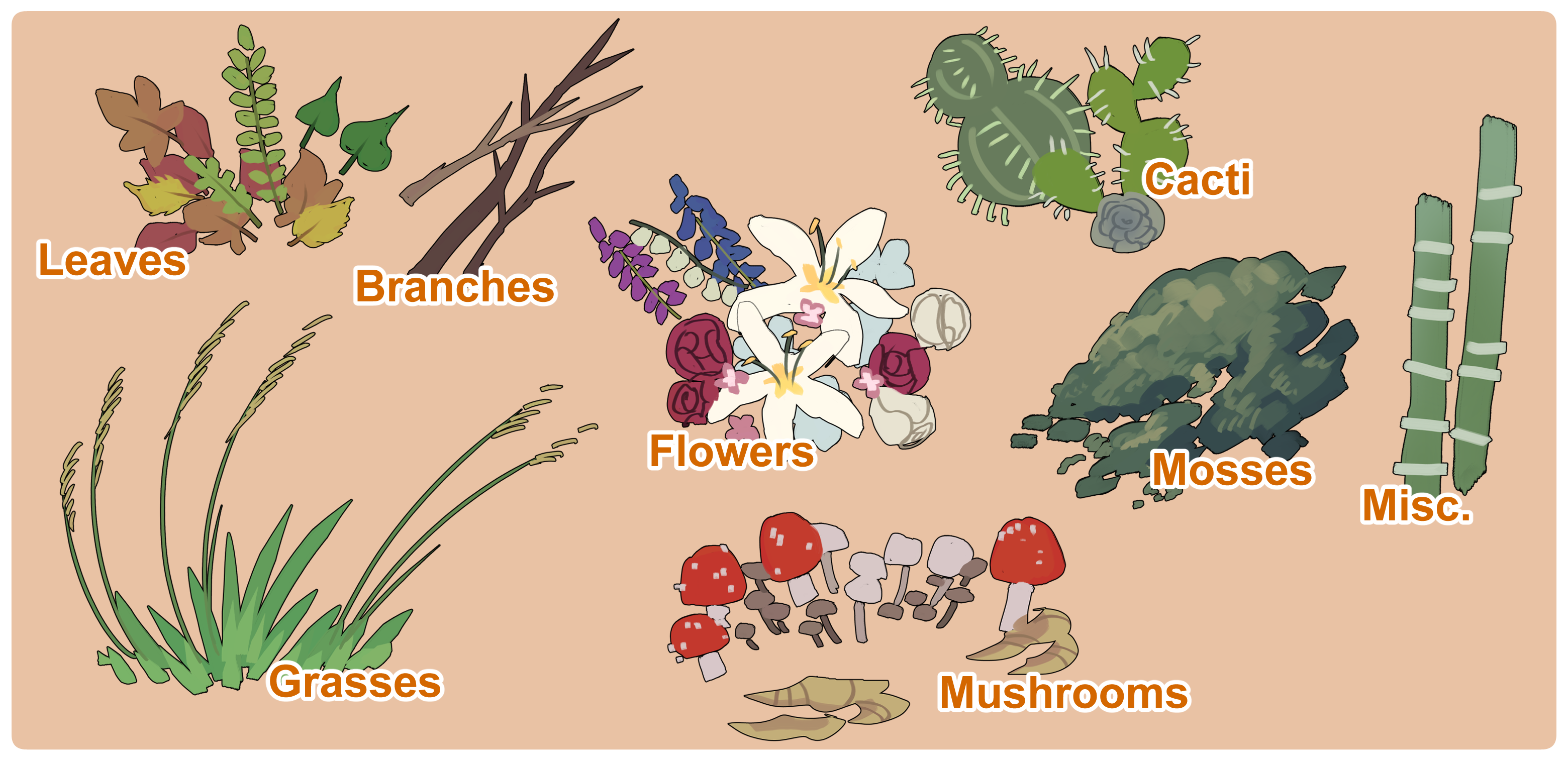
- Object growth should not replace an entire limb, and must appear as though its growing from the body rather than replacing it.
- Crowns cannot be replaced by plants or have plants growing on them with this trait
Can be applied by:
Aquatic Host (CCCats) (Myth)
[Any part of a design resembling an aquatic creature counts as 1 instance of this trait]
- Part of the body is affected by the traits of an aquatic creature. Examples are fins, anglers, jellyfish bells or tendrils, octopus or squid tentacles, etc.
- Octopus tentacles may have up to 8 tentacles. If these tentacles replace the tail, it also requires the Multiple Tails trait. Tentacles require suckers
- The design may also additionally have gills or webbing on their body without the need for an additional trait
- Any part of the design resembling an aquatic creature counts as 1 myth trait
- Aquatic Arthropod traits [Shrimp, Lobster, Crab] can be accomplished via either host trait
- Cannot alter the anatomy of limbs or hands/feet
Can be applied by:
Arthropod Host (CCCats) (Myth)
[Any part of a design resembling an arthropod creature counts as 1 instance of this trait]
- Part of the body is affected by the traits of an arthropod creature. Examples are segmented limbs, antennae, pincers/mandibles, augmented bug-like horns,
- The design may also additionally have chitinous plating, and small mouth/face mandibles or pedipalps without additional usage.
- Any part of the design resembling an insect, arthropod, or arachnid counts as 1 myth trait
- Can be combined with Wings to create insect-like wings
- Plating may be shiny, but will still require traits such as Metallic Markings/Coat or Opalsecent Markings/Coat for dramatic shines
- Cannot alter the anatomy of limbs or hands/feet
